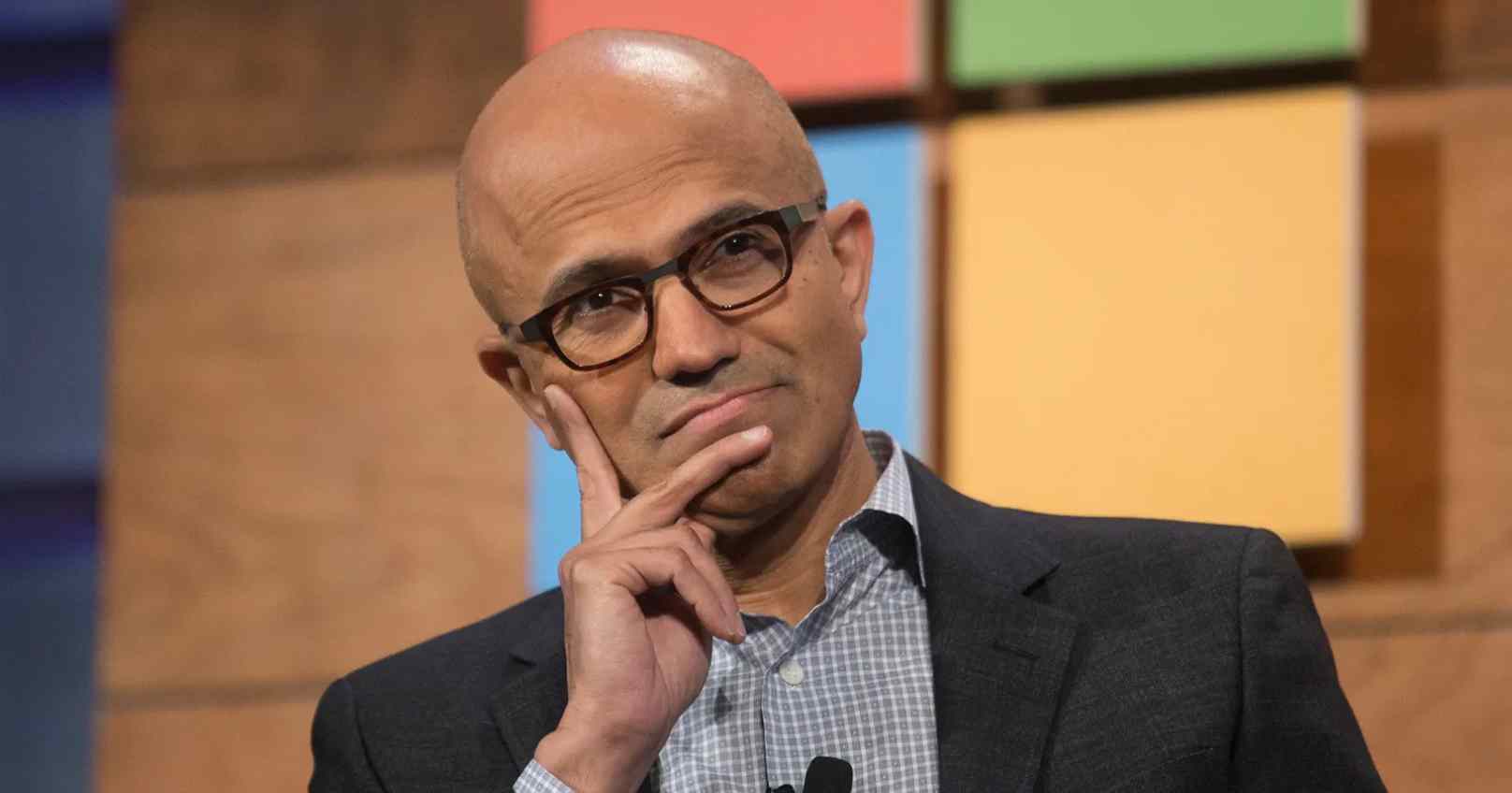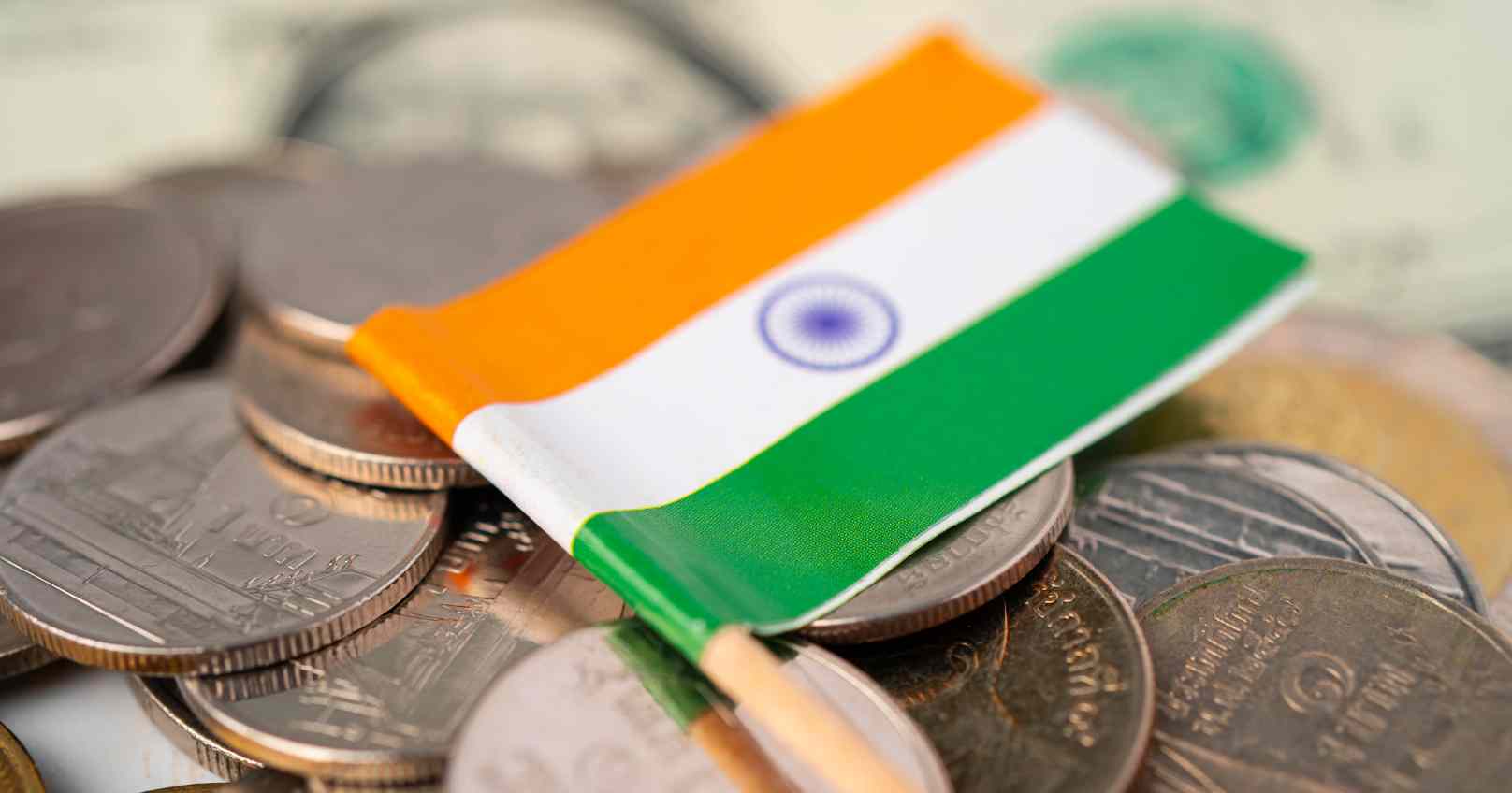Need to Exchange Damaged Notes? Here's What to Do
Banks readily accept worn, mutilated, or flawed notes for exchange. Soiled currency, resulting from regular use, can be exchanged at bank counters without hassle
14-05-2024Concerns regarding the acceptance of torn or damaged notes by banks are common among many individuals. However, there's no need for worry as banks across the country readily accept soiled, mutilated, or defective notes for exchange. The rules governing this exchange process vary based on whether it involves small amounts or bulk transactions.
Soiled notes, which typically become dirty from regular use but still retain all essential features, can be exchanged at bank counters for government dues or credited to public bank accounts. Mutilated notes, characterized by missing portions or being composed of more than two pieces, are also accepted by banks at their branches to prevent private money changers or dealers from monopolizing exchange services.
However, notes that are extremely damaged, such as those that are brittle, burnt, charred, or inseparably stuck together, and cannot withstand normal handling, are not accepted at bank branches. Holders of such notes are advised to submit them to the Reserve Bank of India (RBI) for evaluation through a special procedure.
For individuals exchanging small amounts, typically up to 20 notes worth Rs 5,000 per day, banks offer free over-the-counter services. Amounts exceeding this limit are accepted against receipt and may be subject to service charges, with additional precautions in place for amounts over Rs 50,000.
In terms of exchanging mutilated or imperfect notes, the process varies based on the number of notes involved:
For a small number of damaged notes, non-chest branches assess and pay for up to five notes over the counter. If they are unable to make a decision, the notes are forwarded to associated currency chest branches for evaluation. The individual receives a receipt indicating the expected payment date (within 30 days) and is requested to provide bank account details for electronic crediting.
For bulk exchange, individuals can refer to the RBI's Master Circular (April 1, 2022), which outlines the process for sending more than five pieces of notes (up to Rs 5,000 value) to nearby currency chest branches via insured post, along with bank account details for electronic crediting. For amounts exceeding Rs 5,000, individuals should directly approach currency chest branches. The exchange value is then credited electronically within 30 days of receipt of the notes.


From financial collapse to a debt-free revival, Anil Ambani is staging a steady comeback in green en
Read More
Microsoft CEO Satya Nadella has clarified that the recent job cuts are part of a forward-looking AI
Read More
India has climbed to the fourth spot in the global economic rankings with a $4 trillion GDP, surpass
Read More